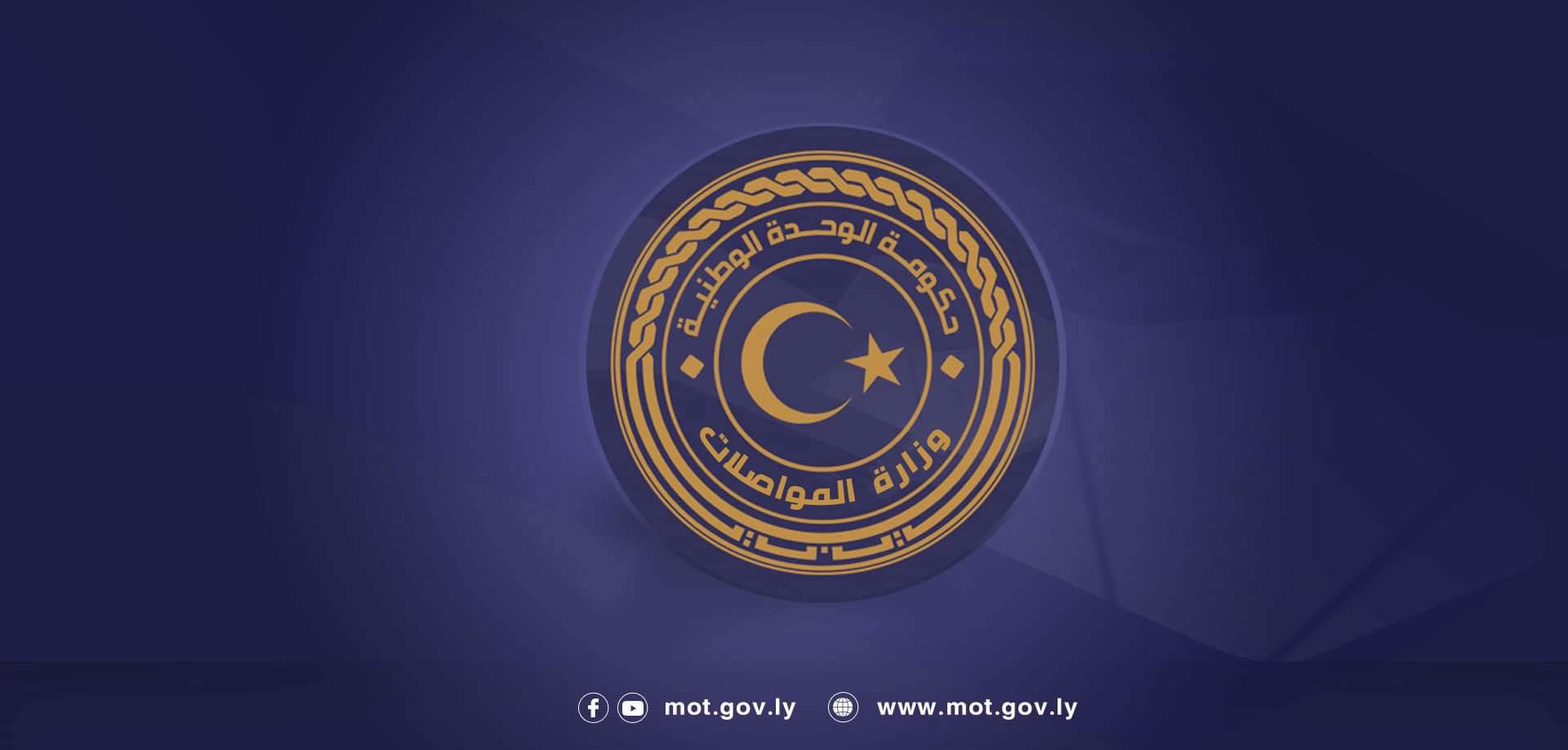By Sami Zaptia.

London, 3 May 2017:
All three Libyan governments lacked any ‘‘vision, strategy or priorities’’ in performing their duties in 2016, reported the Audit Bureau in its 2016 Annual Report out at the end of April.
In assessing their efficiency and good governance, the report stated that they lacked any vision, strategy or priorities that were relevant to the ‘‘needs’’ of the transition ‘‘period that Libya was going through’’. This then reflected on all state institutions, spreading a ‘‘lack of stability’’ and a continuous struggle, the exhaustion of state capabilities and led to the ‘‘accumulation of public debt to unprecedented levels’’. These have added to the complexity of running the state.
The Annual Report also noted the lack of specialization by various appointees at ministries and institutions with many chosen despite a lack of specialization or merit for their post. Governments were also criticised for their haphazard and confused way in issuing financial and administrative decrees. This exacerbated internal government and institute divisions and led to the state being taken to court.
The governments were also criticised for signing contracts without prior study and for making too many job appointments were not justified. There was also too much operational spending that did not contribute to institute-building or development.
The 623-page 2016 Annual Report also criticised the governments of a lack of understanding of the importance of internal monitoring systems.








